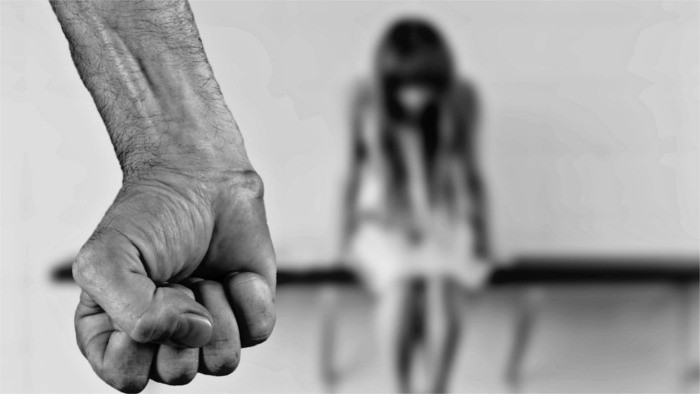The stance of several church organisations played a key role in Slovakia not yet ratifying the Council of Europe Convention on preventing and combating violence against women and domestic violence. On Thursday, leaders of the coalition parties confirmed that they will not ratify this Convention.
"As long as I'm the prime minister and concerns regarding the interpretation of controversial provisions of the Istanbul Convention aren't addressed, as long as full accord of the provisions of the Istanbul Convention - in particular regarding the definition of marriage as a union between a man and woman - isn't achieved, I will never give consent to submit this agreement for ratification. Let me repeat this: never ever," said Fico at a press briefing held at the Government Office.
Fico pointed out that the coalition finds unacceptable provisions dealing with stereotypes and gender equality in the context of rooting out the so-called traditional roles of men and women in the family. The Istanbul Convention states that gender stereotypes contribute to violence against women. The document targets real equality between the woman and men. SMER-SD and the Slovak National Parties see this as a sure path towards homosexual marriage. The prime minister fears the replacement of traditional roles of women and men in the family.
"They differ between the sex and gender," explains the Slovak National Party caucus head Tibor Bernaťák. "It means that a man can declare himself to be a woman and marry another man and have children." Speaking at the press conference, the Slovak National Party caucus head, Tibor Bernaťák, confirmed that his party will seek a way to have Slovakia's signature withdrawn from the Council of Europe Convention on preventing and combating violence against women and domestic violence. This has been called for by the Slovak Bishop's Conference.
However, Béla Bugár, the leader of the third coalition party Most Hid explains.
"It's possible only in case if we can prove that everything important included into the Istanbul Convention is a part of our legislature."
Opposition MP Natália Bláhová accuses the nationalists, as well as Prime Minister, of lying. "Nothing like that is detailed in the Istanbul Convention. This document does not intervene with the Constitution of the Slovak Republic. He is pitifully feeding into primal instincts because of his decreasing popularity. I am really sorry about that," the liberal SaS caucus head Natália Blahová told RTVS.
In her reaction for the TASR press agency, Amnesty International Slovensko Administrative Board Chairperson Marta Šimečková said that there has been a struggle going back a long time before Slovakia acceded to the Convention. She views Fico's latest decision as an "inconspicuous return to the rhetoric of 2016", when the Slovak public developed the impression in the wake of similar statements that it was facing a direct threat of an "invasion by Muslims, despite the fact that all those Muslims could have been counted on a few fingers." This type of rhetoric was later abandoned by the premier.
The Istanbul convention was signed 11th May 2011. So far, seventeen EU member states have ratified this document with Poland being the only Central European state to do so. The main goal is to create a Europe with no violence against women just because they are women and with no domestic violence as such. The convention aims at protecting women from violence and girls by the same legislature in the member countries.


